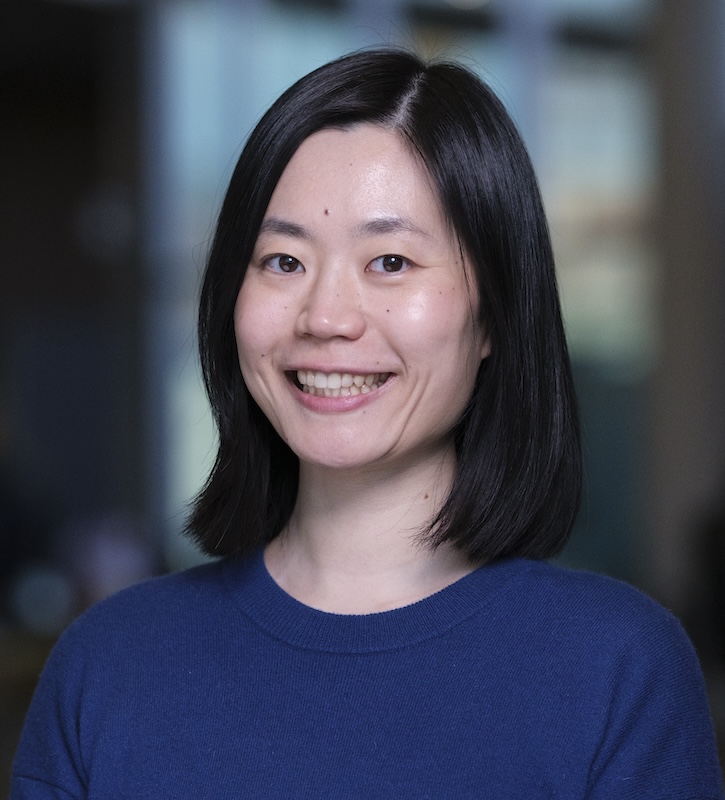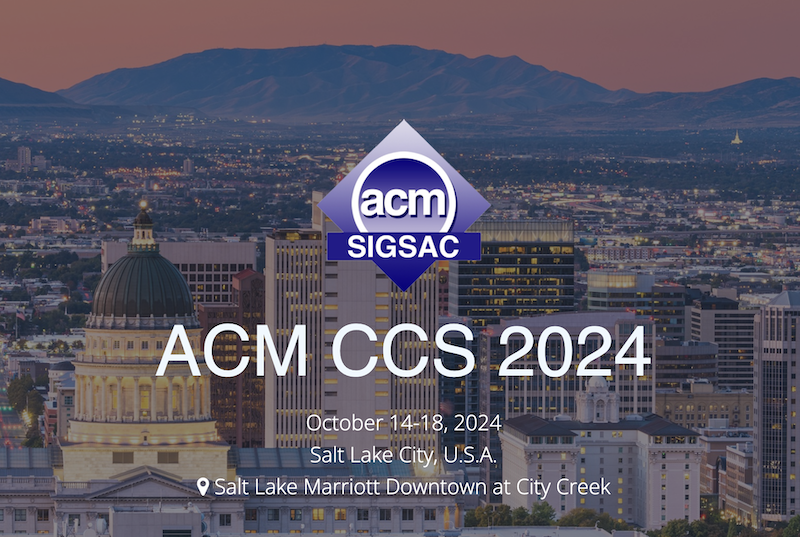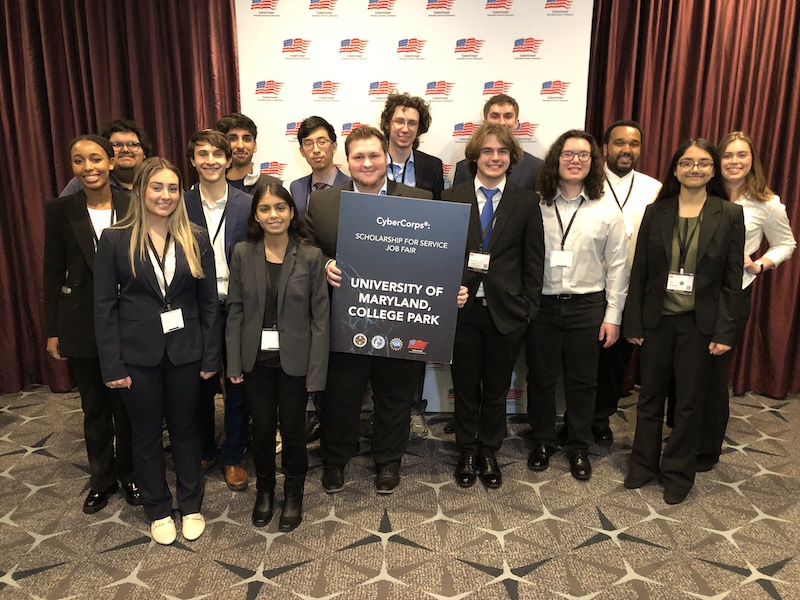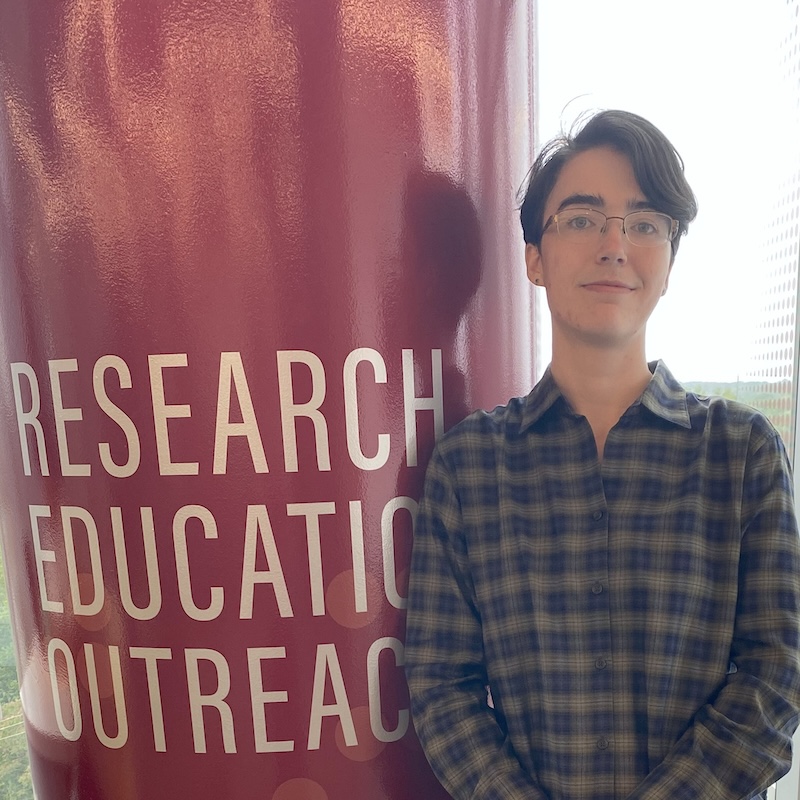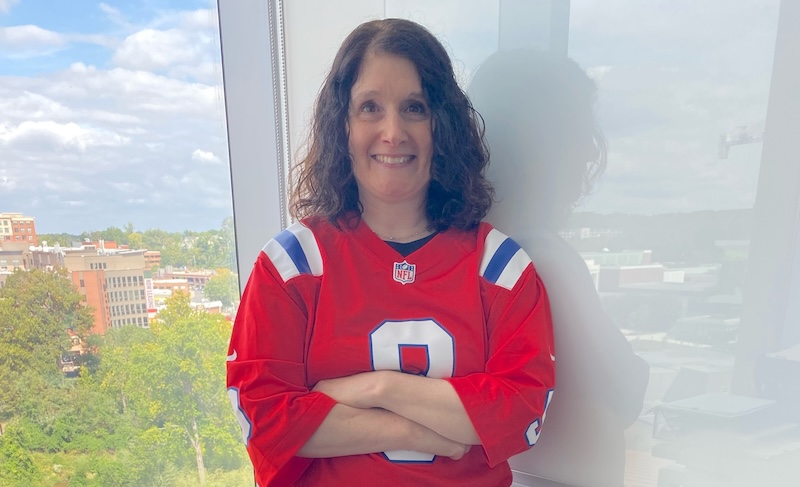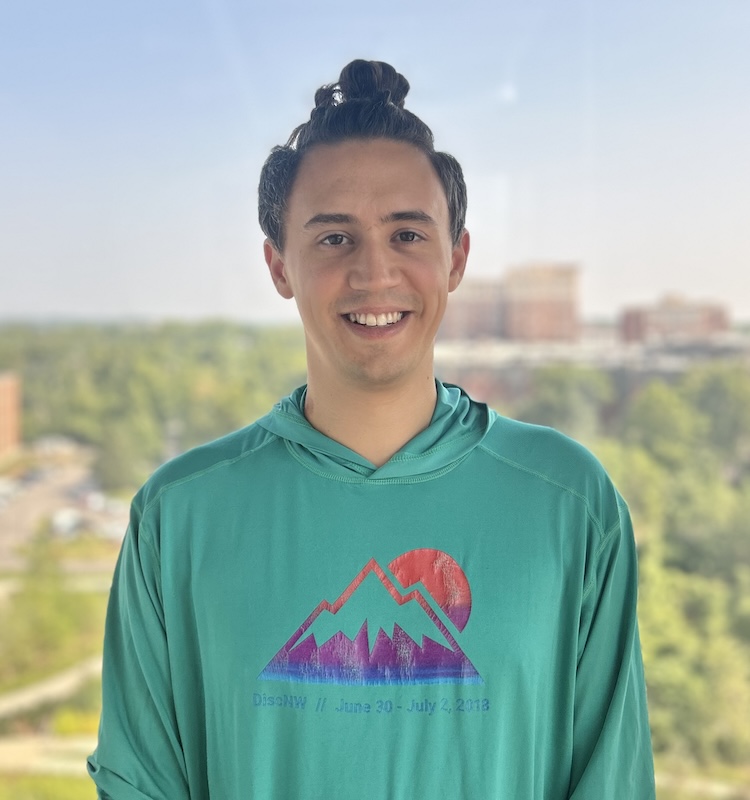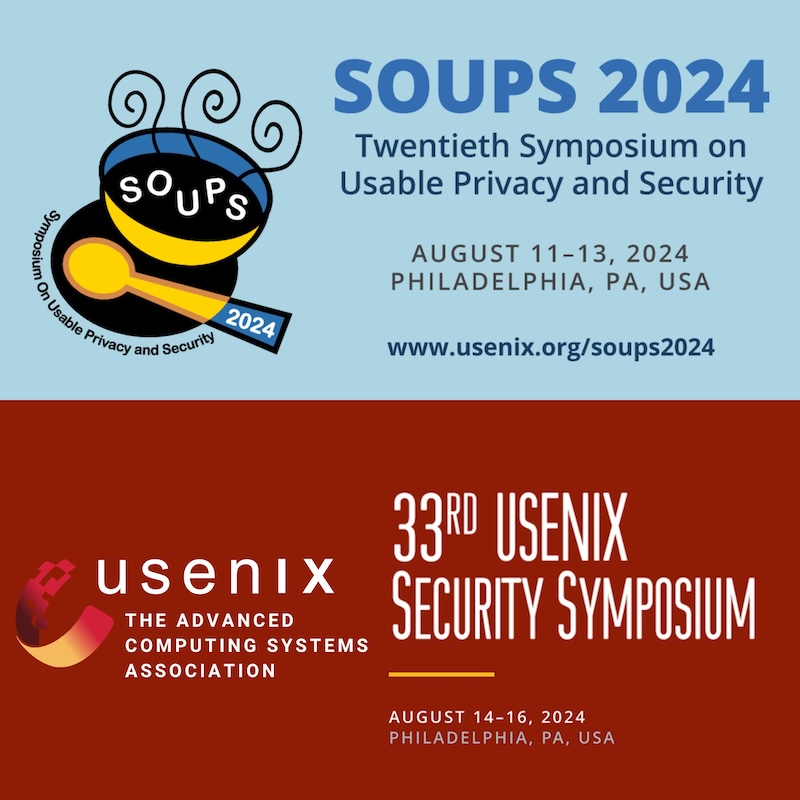News Story
MC2 Doctoral Student Presents Research at HotSoS
Chang Liu, a third-year computer science doctoral student in the Maryland Cybersecurity Center (MC2), is presenting his research today (April 21) at the Symposium and Bootcamp on the Science of Security (HotSoS).
The annual HotSoS event, held this year the University of Illinois at Urbana-Champaign, brings together researchers from numerous disciplines who seek a comprehensive and methodical approach to identifying and removing cybersecurity threats.
Liu works closely with Elaine Shi, an assistant professor of computer science with appointments in UMIACS and MC2.
“Chang’s work is timely and important. Oblivious RAM is long-wanted in secure processor designs to achieve strong security against even physically present attackers,” Shi says. “Previously, the technology was simply not there, and the slow-down would be orders of magnitude. With exciting algorithmic breakthroughs in ORAM design and with Chang’s novel programming language techniques, we have made enormous progress and we are now able to prototype ORAM-capable secure processors with practical ranges of overhead.”
Liu will discuss two award-winning papers he co-authored with Michael Hicks, a professor of computer science with appointments in UMIACS and MC2, and Shi: “Memory Trace Oblivious Program Execution,” which won 2013 NSA best scientific cybersecurity paper award, and ““GhostRider: A Hardware-Software System for Memory Trace Oblivious Computation,” which won the best paper award at this year’s 20th International Conference on Architectural Support for Programming Languages and Operating Systems.
Liu’s research lies at the intersection between programming languages and security. He is particularly interested in the trace oblivious properties of programs in different security application scenarios.
